Syndecan-3 is selectively pro-inflammatory in the joint and contributes to antigen-induced arthritis in mice, Arthritis Research & Therapy
Por um escritor misterioso
Last updated 01 janeiro 2025
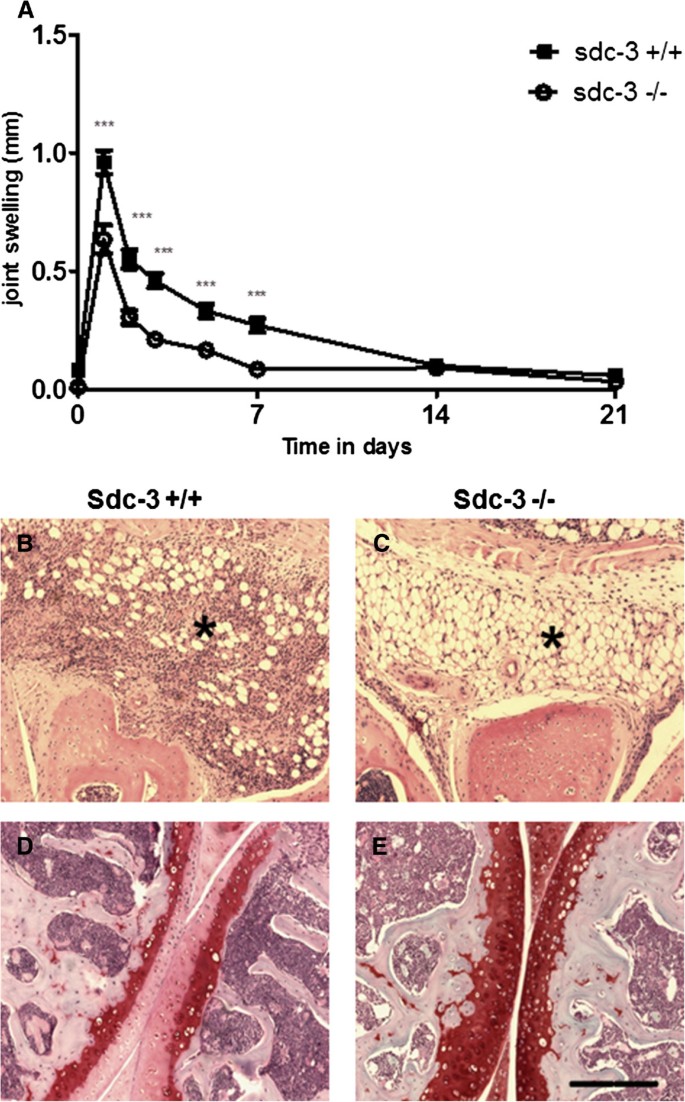
Introduction Syndecans are heparan sulphate proteoglycans expressed by endothelial cells. Syndecan-3 is expressed by synovial endothelial cells of rheumatoid arthritis (RA) patients where it binds chemokines, suggesting a role in leukocyte trafficking. The objective of the current study was to examine the function of syndecan-3 in joint inflammation by genetic deletion in mice and compare with other tissues. Methods Chemokine C-X-C ligand 1 (CXCL1) was injected in the joints of syndecan-3−/−and wild-type mice and antigen-induced arthritis performed. For comparison chemokine was administered in the skin and cremaster muscle. Intravital microscopy was performed in the cremaster muscle. Results Administration of CXCL1 in knee joints of syndecan-3−/−mice resulted in reduced neutrophil accumulation compared to wild type. This was associated with diminished presence of CXCL1 at the luminal surface of synovial endothelial cells where this chemokine clustered and bound to heparan sulphate. Furthermore, in the arthritis model syndecan-3 deletion led to reduced joint swelling, leukocyte accumulation, cartilage degradation and overall disease severity. Conversely, CXCL1 administration in the skin of syndecan-3 null mice provoked increased neutrophil recruitment and was associated with elevated luminal expression of E-selectin by dermal endothelial cells. Similarly in the cremaster, intravital microscopy showed increased numbers of leukocytes adhering and rolling in venules in syndecan-3−/−mice in response to CXCL1 or tumour necrosis factor alpha. Conclusions This study shows a novel role for syndecan-3 in inflammation. In the joint it is selectively pro-inflammatory, functioning in endothelial chemokine presentation and leukocyte recruitment and cartilage damage in an RA model. Conversely, in skin and cremaster it is anti-inflammatory.

Mouse Models of Rheumatoid Arthritis - P. Caplazi, M. Baca, K. Barck, R. A. D. Carano, J. DeVoss, W. P. Lee, B. Bolon, L. Diehl, 2015

Matrix metalloproteinase‐9 mediated shedding of syndecan‐4 in glomerular endothelial cells - Reine - 2019 - Microcirculation - Wiley Online Library
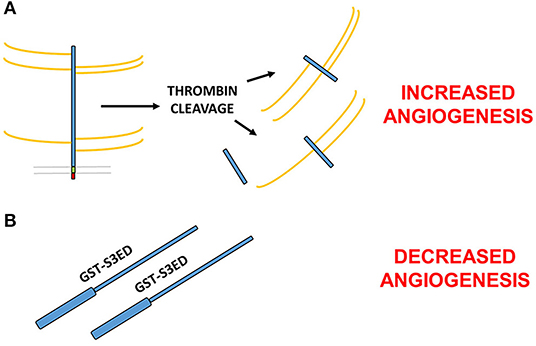
Frontiers Syndecan-3 in Inflammation and Angiogenesis

Syntenin-1-mediated arthritogenicity is advanced by reprogramming RA metabolic macrophages and Th1 cells

Syndecans Circulation Research

Effect of Polarization and Chronic Inflammation on Macrophage Expression of Heparan Sulfate Proteoglycans and Biosynthesis Enzymes - Maarten Swart, Linda Troeberg, 2019

PDF) An approach to the analysis of gene expression in chronically activated T Lymphocytes

Cartilage extracellular matrix-derived matrikines in osteoarthritis

Syndecan receptors: pericellular regulators in development and inflammatory disease
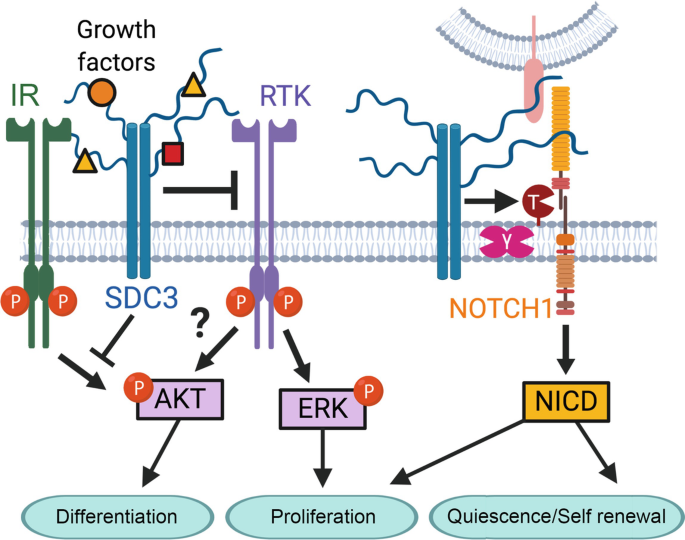
Syndecan-3: A Signaling Conductor in the Musculoskeletal System
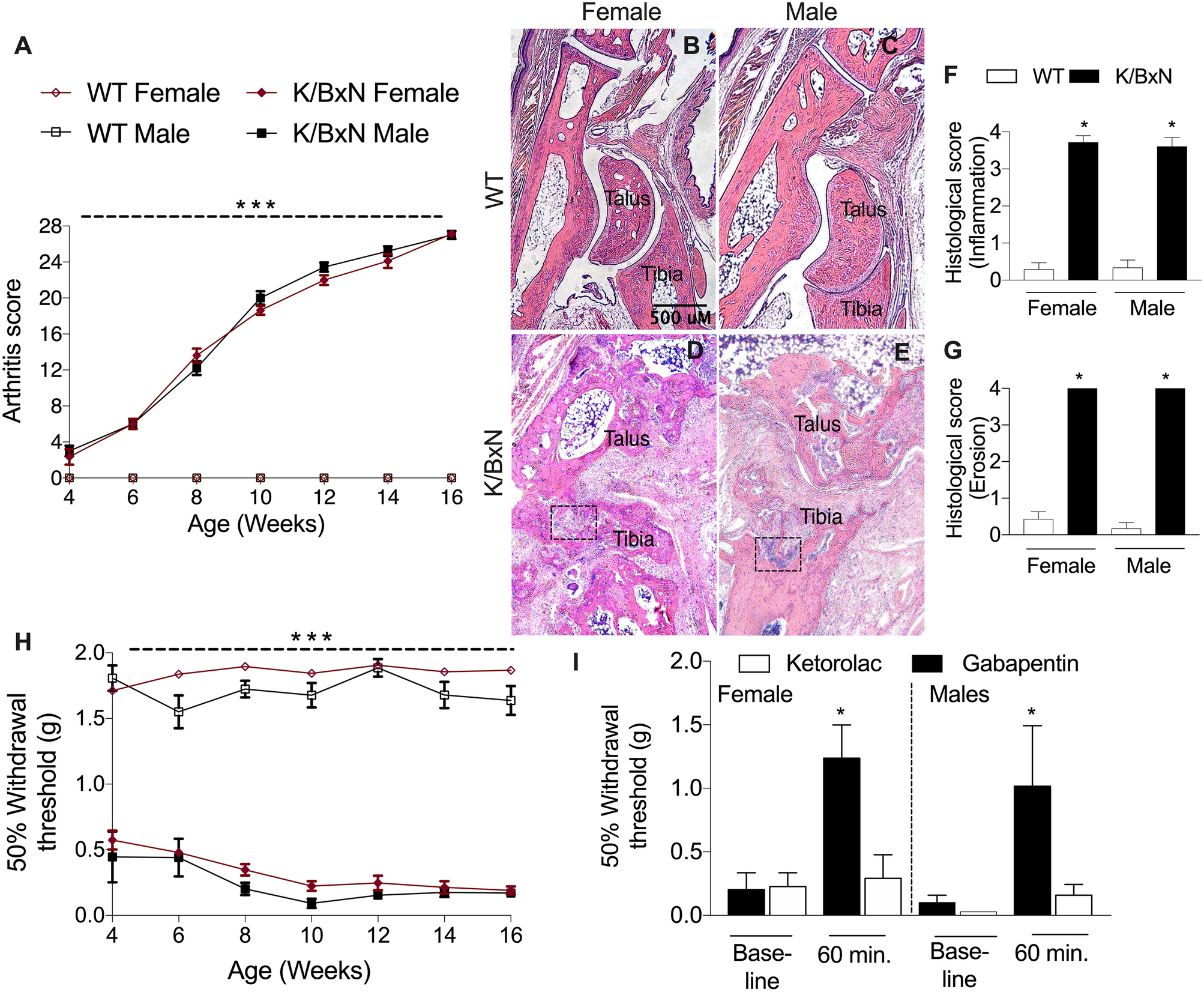
The neuropathic phenotype of the K/BxN transgenic mouse with spontaneous arthritis: pain, nerve sprouting and joint remodeling

Effect of Polarization and Chronic Inflammation on Macrophage Expression of Heparan Sulfate Proteoglycans and Biosynthesis Enzymes - Maarten Swart, Linda Troeberg, 2019
Recomendado para você
-
mdpope oq é|TikTok Search01 janeiro 2025
-
 Aging of Atmospheric Brown Carbon Aerosol01 janeiro 2025
Aging of Atmospheric Brown Carbon Aerosol01 janeiro 2025 -
A Serbian Film (2010)!! #film #movie #horror #extremehorror #serbianfi, channel 309 movie01 janeiro 2025
-
Mdpope 1 to 3 explained|TikTok Search01 janeiro 2025
-
 MDPOPE 3 Review AUDIO ONLY.01 janeiro 2025
MDPOPE 3 Review AUDIO ONLY.01 janeiro 2025 -
MDPOPE Radio - playlist by Spotify01 janeiro 2025
-
 Dado Milman - Important MP3 Download & Lyrics01 janeiro 2025
Dado Milman - Important MP3 Download & Lyrics01 janeiro 2025 -
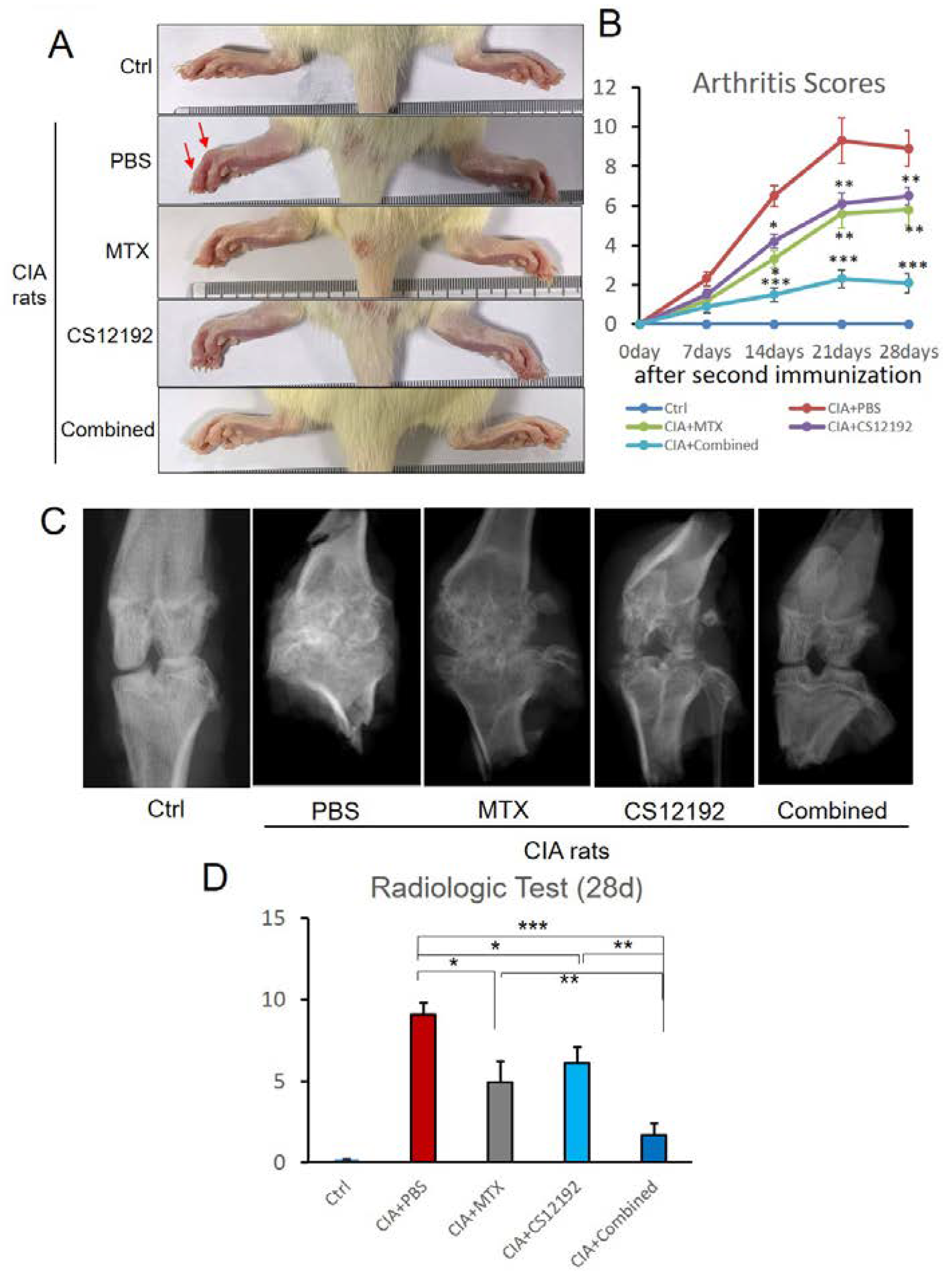 IJMS, Free Full-Text01 janeiro 2025
IJMS, Free Full-Text01 janeiro 2025 -
 Stream MDPOPE by ^_^(@kyozetu_666) Listen online for free on SoundCloud01 janeiro 2025
Stream MDPOPE by ^_^(@kyozetu_666) Listen online for free on SoundCloud01 janeiro 2025 -
 MDPOPE - Apple Music01 janeiro 2025
MDPOPE - Apple Music01 janeiro 2025
você pode gostar
-
 PlayStation on X: The Last of Us: Left Behind available as a01 janeiro 2025
PlayStation on X: The Last of Us: Left Behind available as a01 janeiro 2025 -
Official Site: Follow Us, PDF, Reserve Bank Of India01 janeiro 2025
-
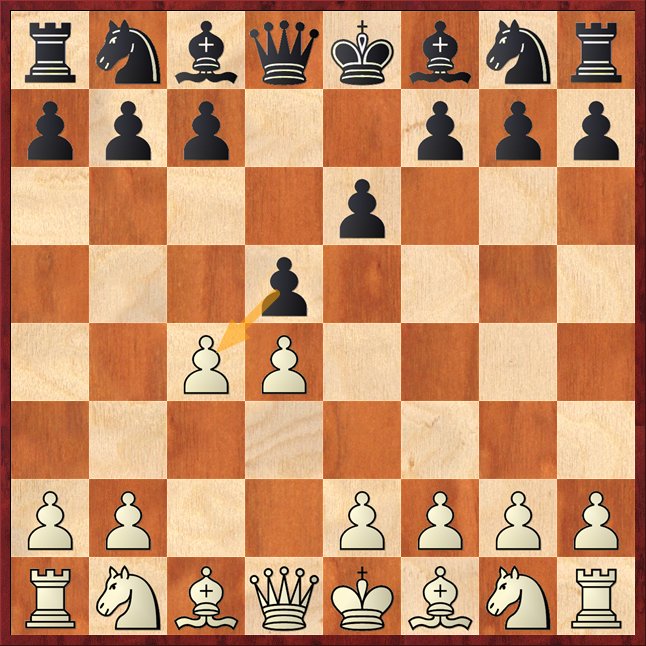 Tópicos sobre Aberturas e Defesas: Defesa Cambridge-Springs, a filha rebelde da Ortodoxa.01 janeiro 2025
Tópicos sobre Aberturas e Defesas: Defesa Cambridge-Springs, a filha rebelde da Ortodoxa.01 janeiro 2025 -
 Ink Sans, Undertale AU Sans Info01 janeiro 2025
Ink Sans, Undertale AU Sans Info01 janeiro 2025 -
 From F1 to drag racing: Here's a breakdown of all the major types01 janeiro 2025
From F1 to drag racing: Here's a breakdown of all the major types01 janeiro 2025 -
![WUW] Celestealing ur girl: A Celesteela OU Analysis : r/stunfisk](https://external-preview.redd.it/xtazKTWLZ4dmKEeH7QjP-358hAHO4B3D28Z0BMHG3ZA.jpg?auto=webp&s=eeaf1452f74cab65275ef9572bfa4b9710598f26) WUW] Celestealing ur girl: A Celesteela OU Analysis : r/stunfisk01 janeiro 2025
WUW] Celestealing ur girl: A Celesteela OU Analysis : r/stunfisk01 janeiro 2025 -
 Turma da Mônica e COB renovam parceria até os Jogos de Paris 202401 janeiro 2025
Turma da Mônica e COB renovam parceria até os Jogos de Paris 202401 janeiro 2025 -
 Francesco Bernoulli, Carros Wiki01 janeiro 2025
Francesco Bernoulli, Carros Wiki01 janeiro 2025 -
 Boa noite galera top. Essa tá qualificada em . . . . . . . . . . . . . . . . . . . . . . . #caminhao #sca…01 janeiro 2025
Boa noite galera top. Essa tá qualificada em . . . . . . . . . . . . . . . . . . . . . . . #caminhao #sca…01 janeiro 2025 -
 Feels Good: Yung Gravy and bbno$ Make Sweet, Sweet Rap - SPIN01 janeiro 2025
Feels Good: Yung Gravy and bbno$ Make Sweet, Sweet Rap - SPIN01 janeiro 2025




